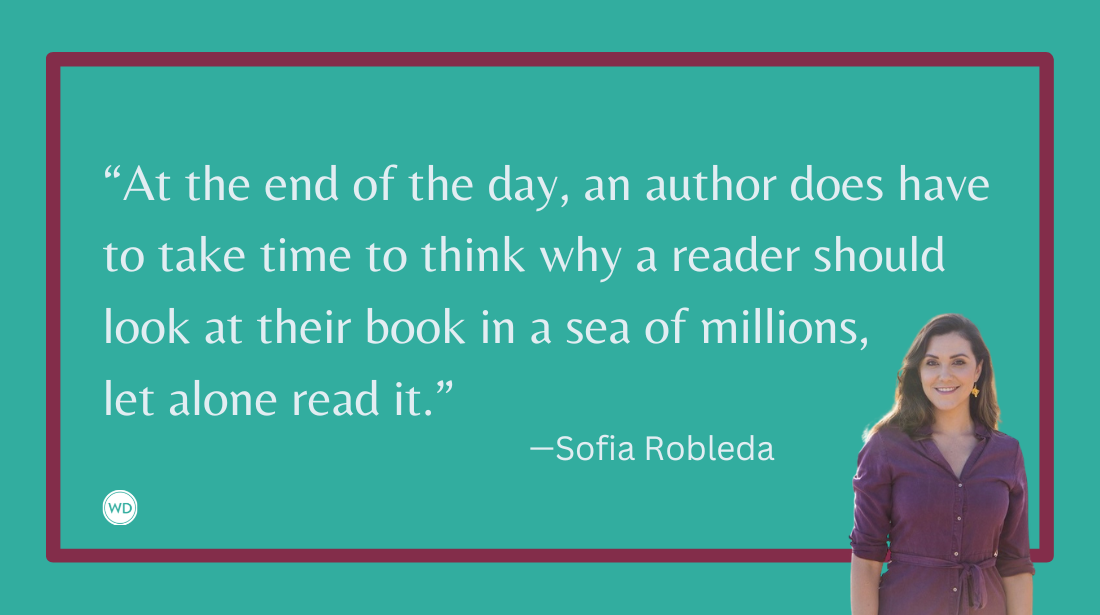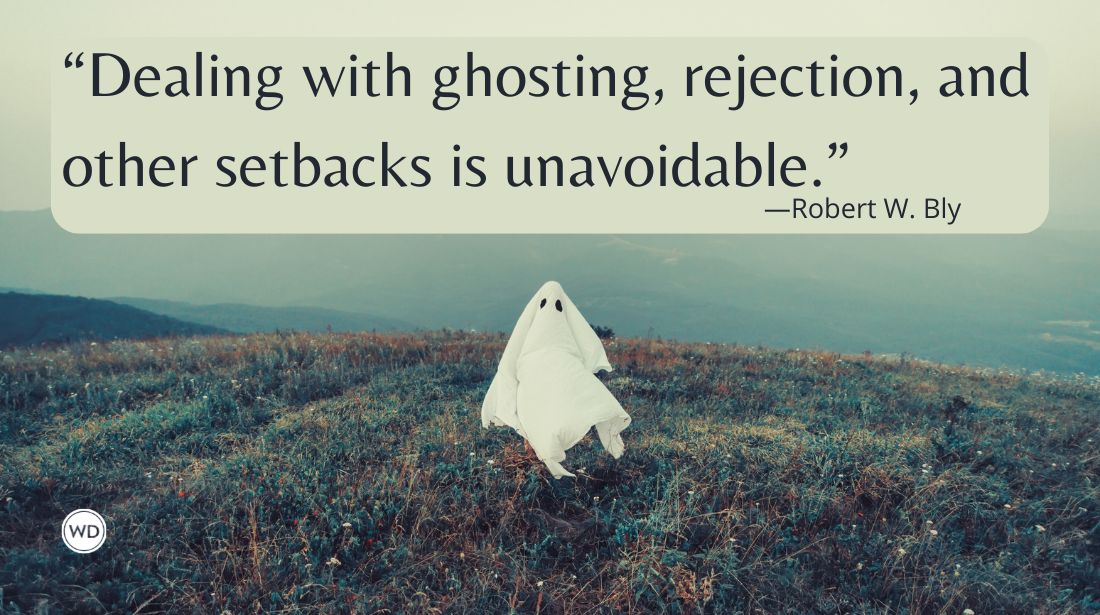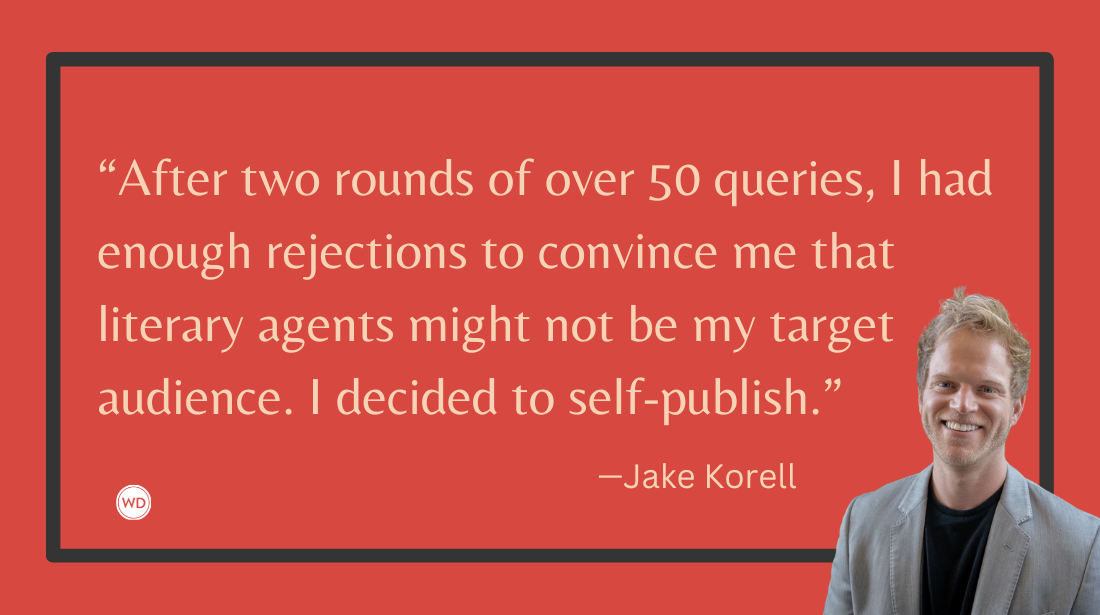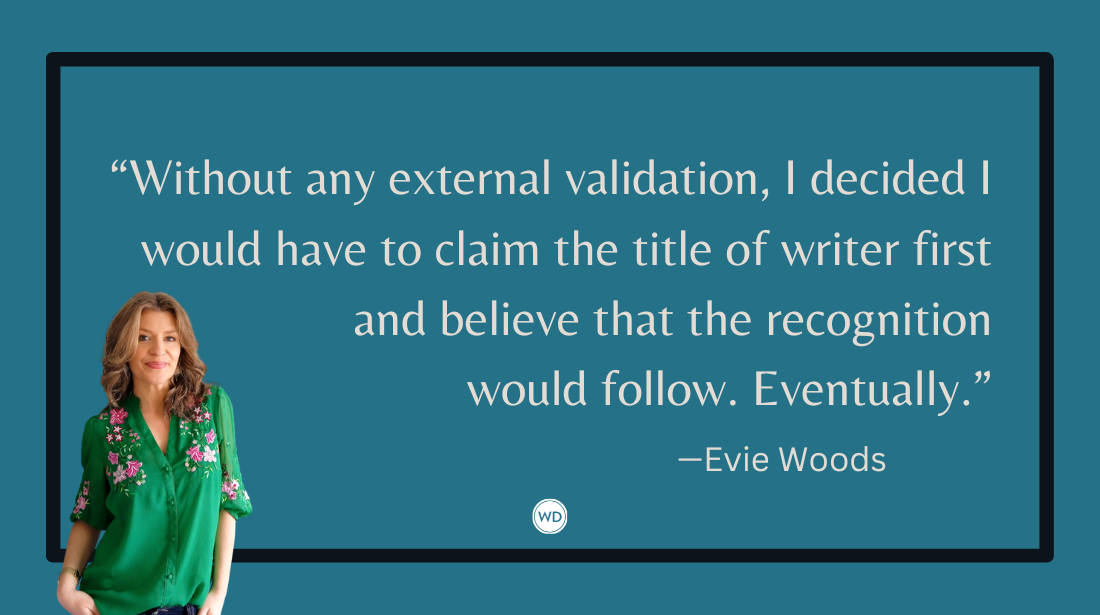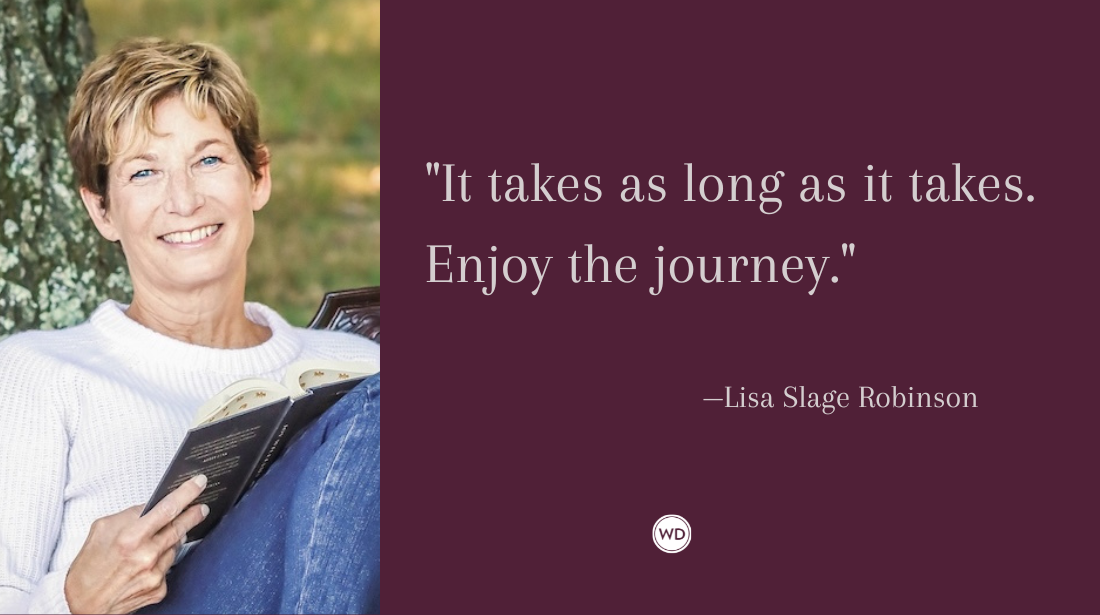5 Lessons I’ve Learned About Writing From Ghostwriting for Celebrities and Bestselling Authors
Ghostwriter Veronica Bane shares how penning more than 10 books for other celebrities and bestselling authors helped with her “debut” novel.
There’s a chance that I’ve written one of your favorite books… but because I’m a ghostwriter, you’ll never know for sure.
As a ghostwriter with over seven years of experience, I’ve penned and published over 10 books for celebrities and New York Times bestselling authors alike. I’ve seen books that I wrote on billboards and talk shows, propped up in windows at bookstores and even recommended to me. I know what it takes to write a book that grips audiences, even if those audiences don’t know who I am.
Now, however, my debut novel–the first book with my own name–is coming out this July. Difficult Girls follows a teen girl who gets her dream job at a local theme park… only for it to turn into a nightmare when a performer goes missing. The book exists, in many ways, because of the skills I finetuned while ghostwriting.
1. Voice Is Everything
One of the most important skills to have as a ghostwriter is your ability to match the voice of the author who you’re writing for. It’s imperative–especially if you’re writing for a well-known author or celebrity–that the reader is unable to detect that someone else is writing the work. Even if I’m writing for a celebrity who hasn’t written something before, there are still cadences in their speech and a flow to how they tell a story. So, I study how they speak, the way they use anecdotes, the types of metaphors they use, and more to make sure my writing sounds authentically like them.
One of my favorite compliments I’ve received as a ghostwriter is a client telling me that they know I wrote it but they’re still shocked because the work sounds exactly like they wrote it. And that’s the goal! I want to slip into their voice so effortlessly that even the author themself could be fooled.
Even if you aren’t trying to match another writer’s voice, you want your characters to sound uniquely like them. If they’re a devoted painter, they probably will use phrases related to their craft. It would be possibly out of place if they used, say, the language of a football player… unless they’re hiding a secret talent for it, of course!
2. Outlining Makes It Go Faster (Yes, Really, I’m Sorry)
I can already hear the “pantsers” coming for me here, and I get it. You don’t want to outline. You don’t like outlining. It hurts your creative process and confines you. And honestly, if you know all of that for a fact, feel free to ignore this piece of advice. I can only speak to what works for me.
And for me, outlines expedite the work tremendously.
Usually, when I’m ghostwriting, I’m being paid for three things: my skills, my secrecy, and my speed. I’ve had to ghostwrite entire books in two weeks. But the only reason I can do that is because I know what I need to write. The outlines may vary in terms of how fleshed out they are, but I know the characters and the stakes at least. I also don’t have time to second guess myself. This isn’t my story, after all. It’s someone else’s, and my job is to simply execute their vision.
I carry this with me to my own work. With Difficult Girls, I created multiple outlines. I used color-coded index cards to track character arcs and growth over the course of the book, and I spread them out over my living room so that I could literally see the progression of the beats. Even with revisions, I would re-outline to make sure the book was progressing as it needed to. Obviously, sometimes, things change, and the difference with my own work versus my ghostwriting work is that I can stray from the outline if something’s not working. But at least I have a road map, and that keeps me moving more often than not.
3. You Can’t Edit What Does Not Exist
With the time crunch that ghostwriting often brings, I don’t have weeks of development to question myself. I have to get words on the page–fast. But the good news is that they don’t have to be the best words that I’ve ever written… at least, not initially. They simply need to exist. Once they’re down on the page, I can cut what’s not working, I can add what’s necessary, I can shape and mold the words on the page to become what I need them to be. But I can’t do any of that with a blank page.
So, I trust myself. I trust myself to know that the first draft’s job is simply to be there for me to tweak and edit. I might even have to throw some of it out, if it comes to it. But it needs to be there for me to do any of that. And so, I put less stress on myself to make it perfect the moment it leaves my fingertips. I just let the story be, and then I make it better.
4. Writing (and Reading) Outside Your Genre of Choice Is Good for You
I have ghostwritten across a variety of genres: fantasy, romance, sci-fi, nonfiction, just to name a few. Thankfully, I’ve always been someone who likes to read across genres, and this penchant for a diversified reading palette has served me well as a ghostwriter. I know multiple genre expectations and can write accordingly.
More than that, though, I’ve learned from writing professionally in these genres that they all have conventions and audience expectations. Of course, an author might subvert these, but knowing them is essential in order to break the rules intentionally. Knowing these habits of each genre has taught me valuable skills as a writer: the necessity of world-building, tension, characterization, and more.
Further, I can bring in skills from each genre to my own work to make something that stands out and appeals to a wider range of readers. With Difficult Girls, having a romance subplot was crucial to the story, and thanks to my work ghostwriting romance, I felt confident with my ability to weave a realistic, charming romance into a murder mystery.
5. Failure Isn’t a Bad Thing… and It Isn’t the End
Any writer who has stepped into the querying trenches knows that it’s a terrifying and often heartbreaking place to be. You wake up every morning to refresh your inbox to see if you finally have that one yes that’s going to change your life. Unfortunately, for most writers, that inbox is full of more rejection than acceptance–mine certainly was. And, even once you do have representation, you move from querying to submission… where even more rejection awaits.
I’ve had my share of failure, including books that didn’t make it on submission. That failure and frustration led me to beg my agent to put me up for any kind of writing job. I just wanted the chance to write, so I’d try anything.
So, I auditioned for ghostwriting jobs. And when I auditioned, we sent them one of the manuscripts that I’d written that had “failed” on submission. Something truly unexpected and magical happened when we did this: That failed manuscript got me every ghostwriting job I applied for. It built me an entire ghostwriting career that expanded my skills so that, one day, we went on submission and sold a book… Difficult Girls, to be exact.
Failure was an essential piece of my story. Without failure, I wouldn’t have tried ghostwriting and learned all these lessons about storytelling. I wouldn’t be here today with my first book coming out with my own name on it. Ghostwriting taught me so many essential lessons, most importantly to believe in myself.





